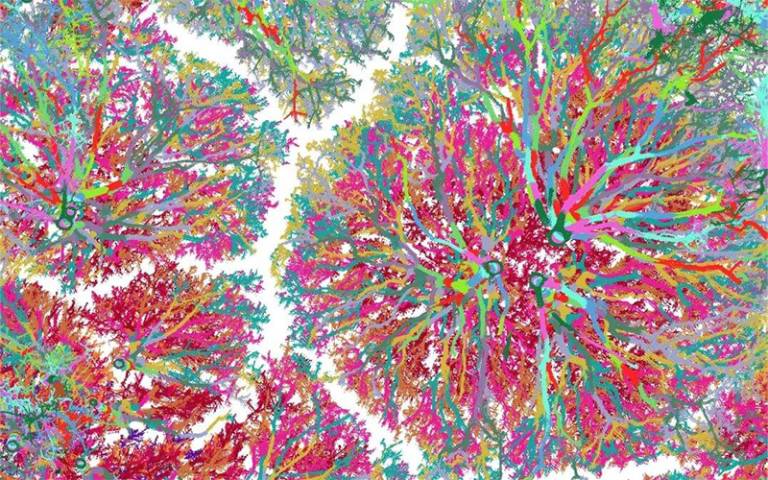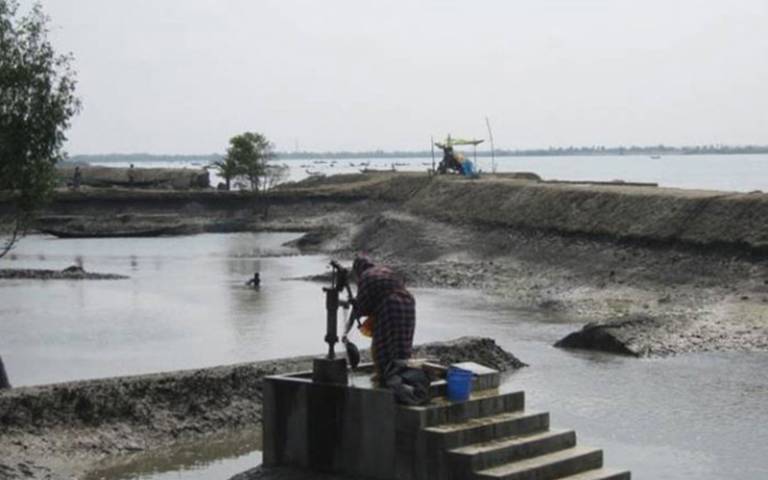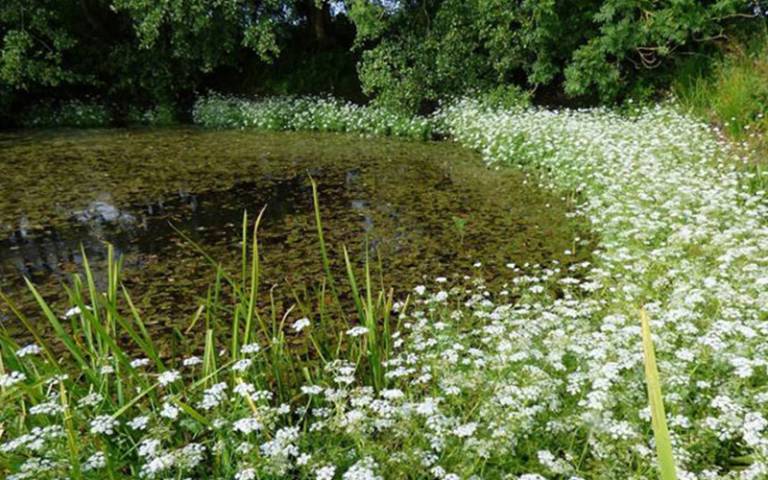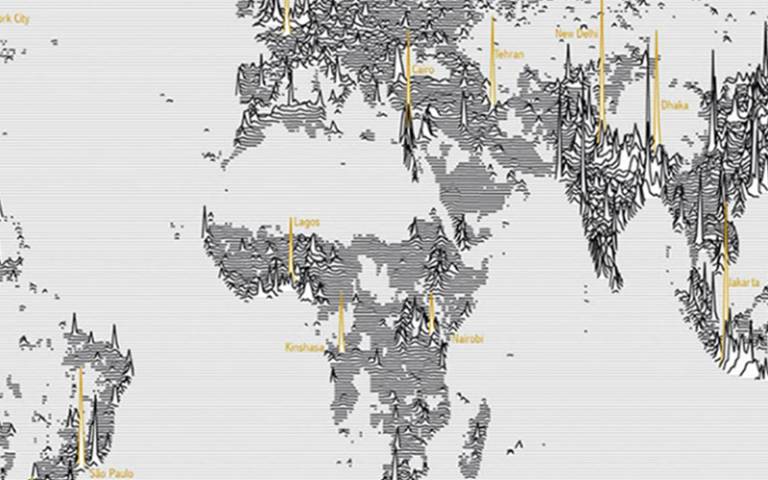The impacts of UCL Geography research on the wider world have been recognised in the Research Excellence Framework 2021.
UCL Geography has again been recognised as one of the top research institutions in the UK. The Department was ranked 6th out of 56 universities, and 1st in London, for research power in this year's Research Excellence Framework (REF). Last conducted in 2014, the REF is the UK-wide system for assessing the quality of research in Higher Education.
The department was also ranked 1st for research environment in London and top 5 in the UK as a whole, reflecting our dedication to providing a welcoming culture that fosters excellence in research. The REF also recognised 96% of UCL Geography research as world-leading (4*) or internationally significant (3*).
““The REF results affirm what an extraordinary place UCL Geography is to pursue research, with a distinctive culture of inclusivity in people and subject matter and a commitment to the integrity of the academic vocation as a genuine balance between research and teaching. I feel very lucky to work with these people.” - Professor Jason Dittmer, Head of Department.
Key Highlights
1st in London for research power (defined as overall GPA x FTE) and 6th in the UK
- Best in London for research environment and top 5 in the UK
- 96% of our research has been assessed as 4* (world-leading) or 3* (internationally excellent)
REF 2021 Case Studies

Shaping international climate policy with transformative forest carbon analysis
Professor Disney’s research has created a more accurate assessment of how much carbon is stored in the world’s forests, improving international space agency observations and influencing UN-led policy.

Improving water and food security in tropical Africa
To sustain and protect the health of our oceans, the research and expertise of Professor Peter Jones is shaping international policy to improve the governance of all-important Marine Protected Areas.

Improving water and food security in tropical Africa
Professor Richard Taylor’s research has demonstrated the renewability (and therefore climate change resilience) of groundwater resources in tropical Africa.

Restoring forgotten ponds to boost biodiversity and shape conservation policy
Professor Carl Sayer and his team are restoring the UK’s lost and neglected farmland ponds and bringing biodiversity back into farmland through the multi-partner Norfolk Ponds Project (NPP).

App empowers locals and activists to protect biodiversity in furthest corners of the planet
UCL researchers have worked with non-literate indigenous communities to develop a smart phone app, ‘Sapelli,’ to support locals to monitor and protect ecological resources.

How UCL's 'Big Data' research has overhauled policy and practice
From the ethnic-variant impacts of COVID-19 to improving urban transport planning, UCL's ground-breaking research into consumer data is transforming policy, practice and planning decisions.
 Close
Close

